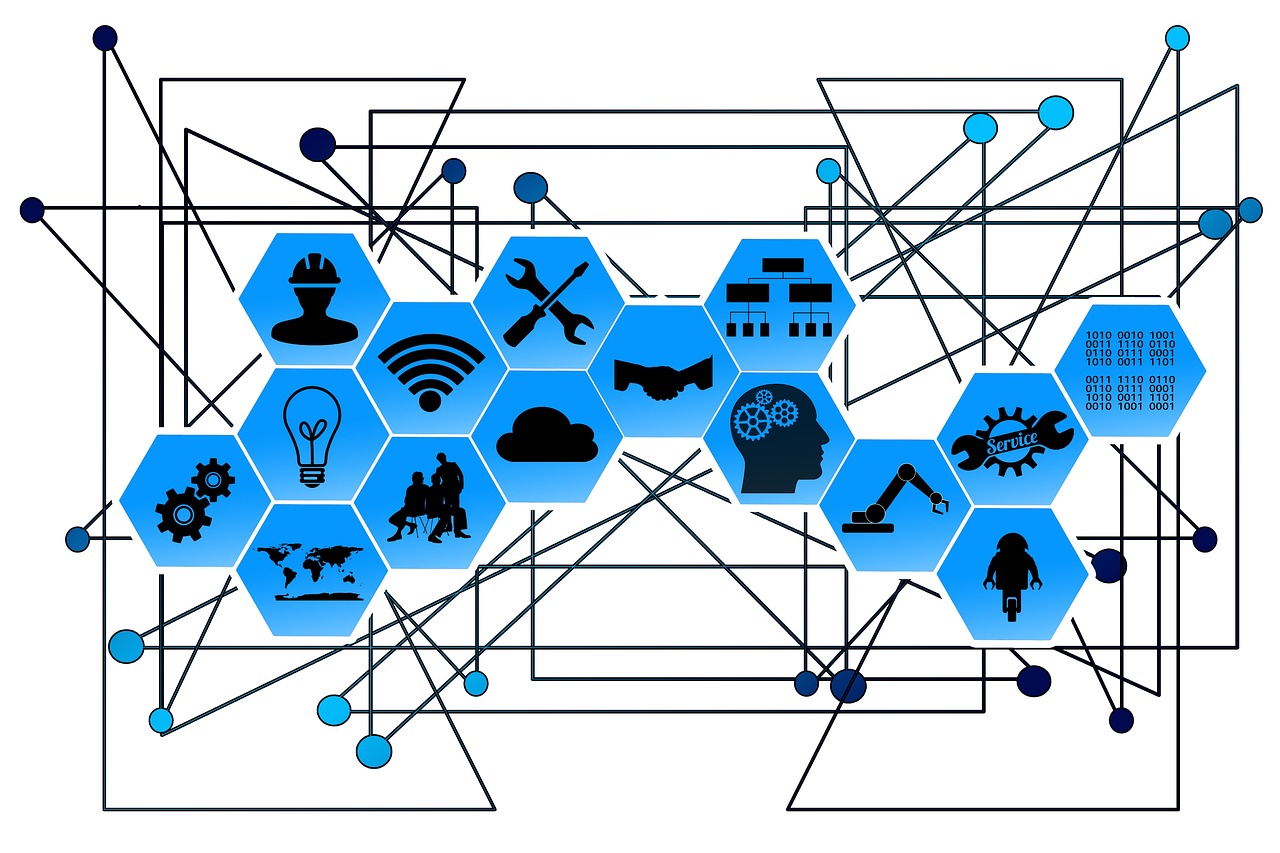The Ethics of AI in Wildlife Monitoring Technologies
The use of AI in wildlife monitoring raises important ethical questions that must be carefully considered. As artificial intelligence becomes more prevalent in conservation efforts, it is crucial to ensure that the interests of wildlife are prioritized and that their well-being is not compromised for the sake of technological advancements. One key ethical consideration is the potential for AI to intrude on the privacy and natural behaviors of animals, leading to disruption in their habitats and ecosystems.
Additionally, there is a growing concern about the ethical implications of relying solely on AI for wildlife monitoring, as this could lead to a disconnect between humans and the natural world. It is essential to strike a balance between utilizing AI technology to gather data efficiently and maintaining a human presence in the monitoring process to ensure ethical treatment of wildlife. By considering these ethical concerns, we can ensure that the use of AI in wildlife monitoring is conducted responsibly and with respect for the well-being of the animals being studied.
The potential for AI to intrude on the privacy and natural behaviors of animals
Disruption in habitats and ecosystems due to AI monitoring
Concerns about relying solely on AI for wildlife monitoring
Maintaining a balance between technology and human presence in monitoring processes
Ensuring ethical treatment of wildlife through responsible use of AI
Impact of AI on wildlife behavior and habitats
Artificial Intelligence (AI) has revolutionized wildlife monitoring, providing researchers with innovative tools to observe and analyze animal behavior in their natural habitats. By utilizing advanced algorithms and data processing capabilities, AI enables scientists to track movement patterns, feeding habits, and social interactions of various species with unprecedented precision. This detailed insight into wildlife behavior allows for more informed conservation efforts and the implementation of targeted strategies to protect endangered species and their habitats.
Furthermore, AI technology can also play a crucial role in mitigating human-wildlife conflicts by predicting potential interactions and identifying areas of heightened risk. By monitoring wildlife behavior in real-time, AI systems can alert authorities and local communities to take proactive measures to prevent conflicts, thereby reducing negative impacts on both wildlife and human populations. Ultimately, the integration of AI in wildlife monitoring not only enhances our understanding of animal behavior but also aids in the development of sustainable conservation practices to safeguard biodiversity for future generations.
Concerns about privacy and data protection in AI monitoring technologies
Privacy and data protection are paramount considerations in the adoption of AI monitoring technologies for wildlife. The collection and storage of vast amounts of data raise concerns about the potential misuse and unauthorized access to sensitive information. As AI systems become more sophisticated, ensuring the security and privacy of the data gathered becomes increasingly challenging.
Moreover, the integration of AI in wildlife monitoring can lead to the tracking and analysis of animal behavior patterns, raising questions about the ethical implications of such surveillance. The potential for invasive monitoring methods to disrupt natural habitats and wildlife behavior underscores the need for robust data protection measures to safeguard both the animals and the integrity of the monitoring process.
What ethical considerations should be taken into account when using AI for wildlife monitoring?
Ethical considerations include ensuring the well-being of the animals being monitored, obtaining proper permissions for data collection, and minimizing any negative impacts on the wildlife and their habitats.
How does AI technology impact wildlife behavior and habitats?
AI monitoring technologies can help researchers gather more accurate and detailed data on wildlife behavior, which can provide valuable insights for conservation efforts. However, there are concerns about how the presence of AI technology may affect the natural behavior of the animals being monitored.
What are the main concerns about privacy and data protection in AI monitoring technologies?
The main concerns include the potential misuse of data collected through AI monitoring, the risk of data breaches leading to the exposure of sensitive information, and the lack of transparency in how data is being used and shared. It is important to implement strong privacy and data protection measures to address these concerns.







